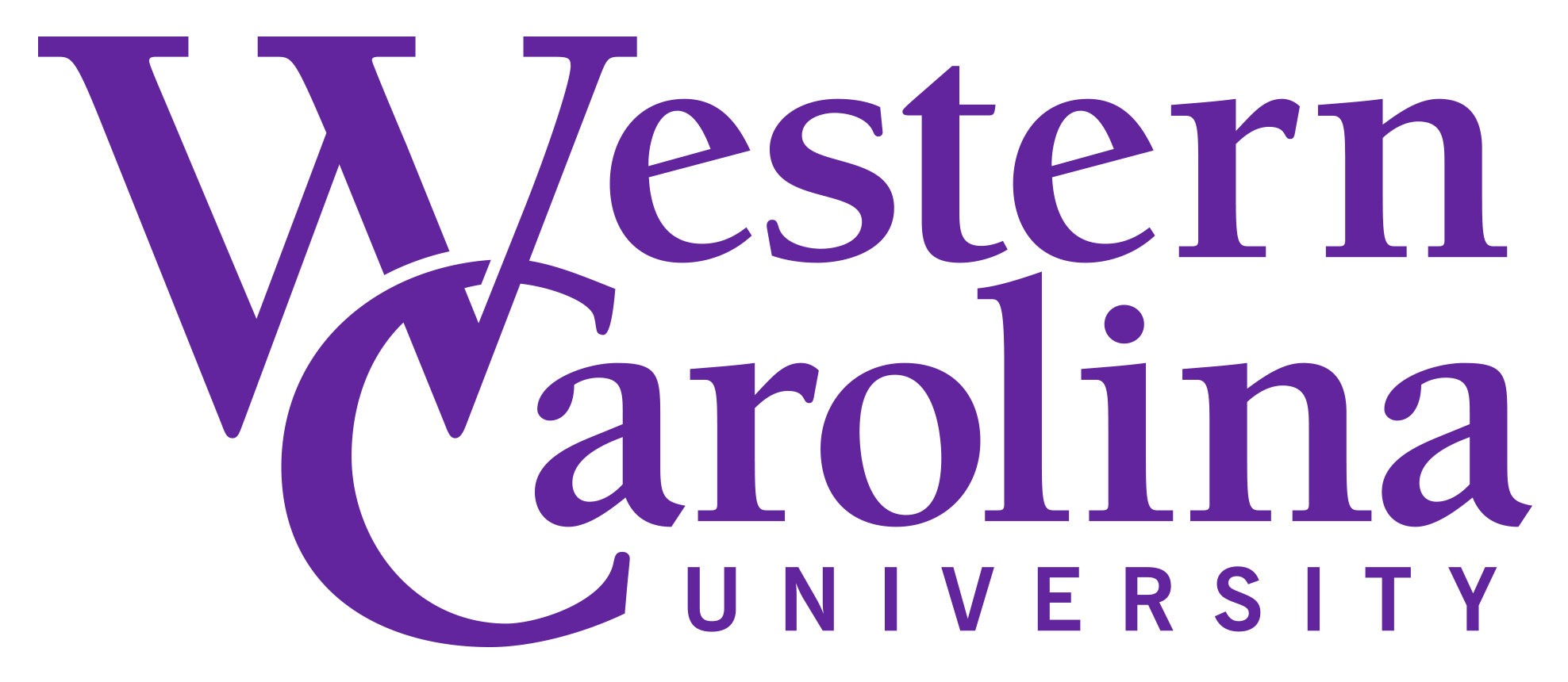The Office of Equal Opportunity and Diversity Programs, the Faculty Senate, the Staff Senate, and the Student Government Association invite you to the Spring Culture in Conversation Series.
Following a special campus forum on Equity, Diversity, and Inclusiveness the Series in July 2020, the Culture in Conversation Series was created to bring related topics and speakers to the campus community to keep these conversations active. A key component of the series has been highlighting the expertise and talent of our WCU faculty, staff, and students. We believe the Spring offerings address three very important topics and we hope you will join us for all three.
There are separate registration links below for each session. Please register individually so that you will receive a unique link to attend. You will receive reminders as the session approaches from ZOOM.
Session 5: LGBTQUI+ at WCU
12:00pm – Tuesday, March 16, 2021
Register for session 5 with this link
Session Description
As we strive for a culture of inclusive excellence at WCU, it is important to recognize and nurture the breadth and depth of the sexuality and gender diversity present in our institutional community. The session will provide space for the exploration of the lived experiences of LGBTQ+ members of our society at-large, and our institution specifically. We will also broadly discuss the systematic changes that have and need to be addressed to better facilitate an environment of support for LGBTQ+ members of our institution. It is not just in individual people that we need to combat homophobia and transphobia but we must address these issues in the very structures of our institution related to policy and practice. This will be an introductory discussion of these topics as a way of encouraging reflection that might lead to action.
Panelists
Dr. Yancey Gulley (he, him, his) spent 15 years as a college administrator (primarily in the two-year college settings) prior to moving into a faculty role. He is currently an associate professor of Higher Education Student Affairs at Western Carolina University. With over 20 years in the academy, Yancey has a long history of advocating for social justice within the educational context through his scholarship, teaching, publications, presentations, trainings, and volunteer endeavors. He has worked with programs like Safe Zone for his entire career and has twice been recognized as a Grand Marshal for Atlanta Pride. When not focused on the growth and development of students, he enjoys spending time with his husband, Corey, and Frenchie, Sedgwick. His interests beyond the academy include: travel, literature, theatre, and a good patio or warm fire pit.
Dean Paulk (he/they) is the Assistant Director for Intercultural Affairs and has been working at WCU for over 12 years. He has a passion for helping LGBTQ+ students in a college or university setting to navigate their experiences, provide them with support and resources, and develop and implement programming that assists them with their development and growth throughout their higher education experience.
Session 6: Allyship & Bystander Behavior
What does allyship look like for the most marginalized of people?
12:00pm – Tuesday, April 20, 2021
Register for session 6 with this link
Panelists
Shantoneeka Zorn (they/them)
Western Carolina University
Shantoneeka is a Black queer counselor who received their M.Ed. in College Counseling and Student Development. Shantoneeka believes that college students are a unique population with even more unique challenges. Their areas of interest include anti-Racism, intersectionality, mental health, minority student success, identity development, students in transition, sexuality and gender, values exploration, and holistic healing.
C. Shane Lindsey (all pronouns with respect)
Mercer University – Cecil B. Day Graduate and Professional Campus
Shane is a third year Psy.D. student in Clinical Psychology at Mercer University. They received their B.S. in Psychology from Georgia Southern University and their M.S. in Clinical Health Psychology. Currently, they work at a community mental health facility providing individual and group counseling to, primarily, queer people of color living with HIV. Their interest lies in affirmative approaches to therapy, identity development, relational-dynamic modes of therapy, and body work.

Recent Comments